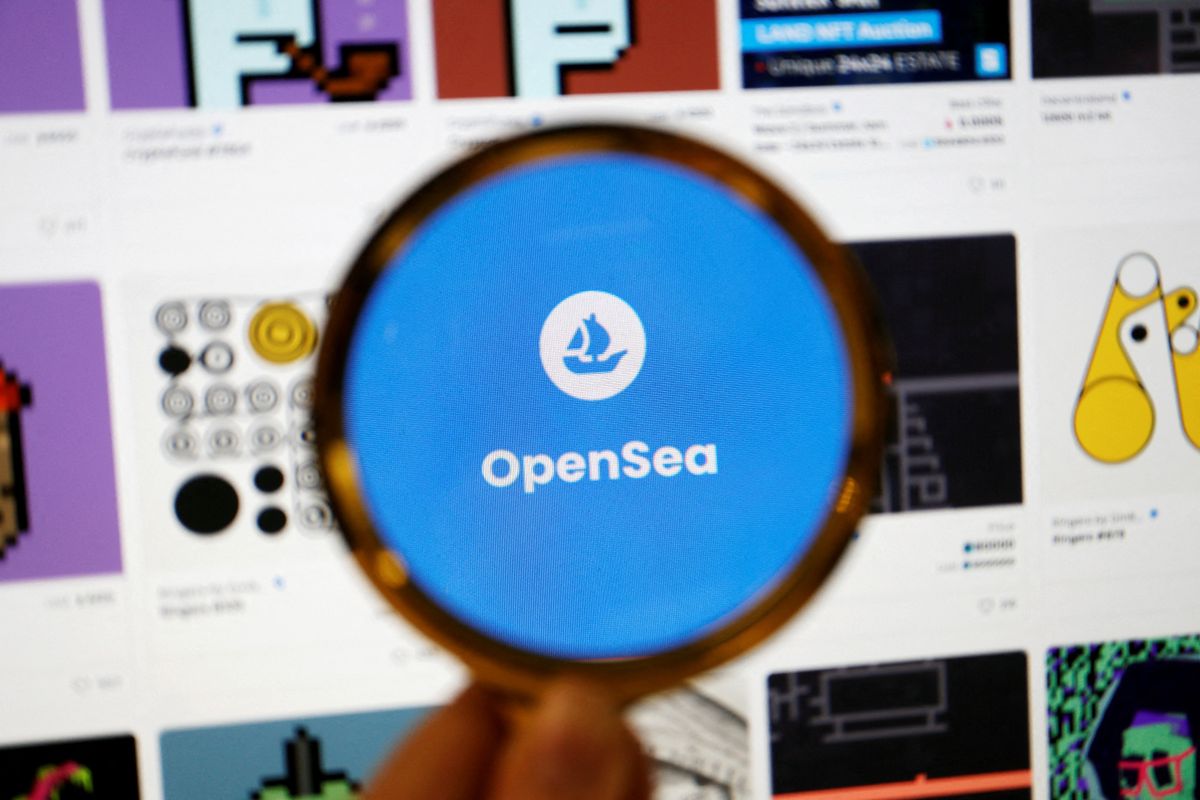Are NFT artist royalties in trouble?
The popularity and tradeability of non-fungible tokens (NFTs) really hit their peak in 2021.

A few minutes every morning is all you need.
Stay up to date on the world's Headlines and Human Stories. It's fun, it's factual, it's fluff-free.
The popularity and tradeability of non-fungible tokens (NFTs) really hit their peak in 2021. And, while the value of an NFT lies in its licensing rather than its actual graphics, the creativity behind the appearance of these tokens definitely contributed to their demand. If you were on the internet two years ago, you can probably still identify designs from Bored Ape Yacht Club, Cool Cats or CryptoPunks. Now, NFTs aren’t doing too hot overall. Talking 2023 alone, sales of NFTs have dropped 49% from January to July. So what does that mean for the artists who made them?
Major NFT trading platforms like OpenSea had attractive royalty rates for NFT artists built into transactions. Here’s how things used to work on these exchanges – if someone bought an NFT from another person, up to 5% of that purchasing price went to the artist who created the graphics for that token. The idea was to keep artists happy, encouraging them to keep making cool and appealing works to feed into the NFT trading system.
“Making art is an act of risk-taking,” says Amy Whitaker, associate professor of art business at New York University. “It makes sense, therefore, for artists to share in the upside that they helped to create.”
But then the NFT trading winter hit, and sales dropped almost 99% in just 15 months over the course of 2021 and 2022. To try to stay afloat, NFT exchanges have started cutting royalty rates for artists, praying that slightly lower costs will lift buying and selling rates.This past July, royalty rates fell to 0.6% per transaction. Late last year, Axios reported that four different crypto marketplaces would drop or modify their artist royalty policies.
On September 1, OpenSea erased its policy of mandatory royalty payments to NFT creators. The decision came after it lost market dominance to no-fee competitor Blur, which doesn’t charge processing fees.
“It’s a shortsighted strategy, neglecting the fact that sustainable success in this space is built on a delicate balance of empowering both traders and creators,” explained Phillip Kassab, the growth lead for NFT and gaming at blockchain technology specialist Sei Labs.




Comments ()